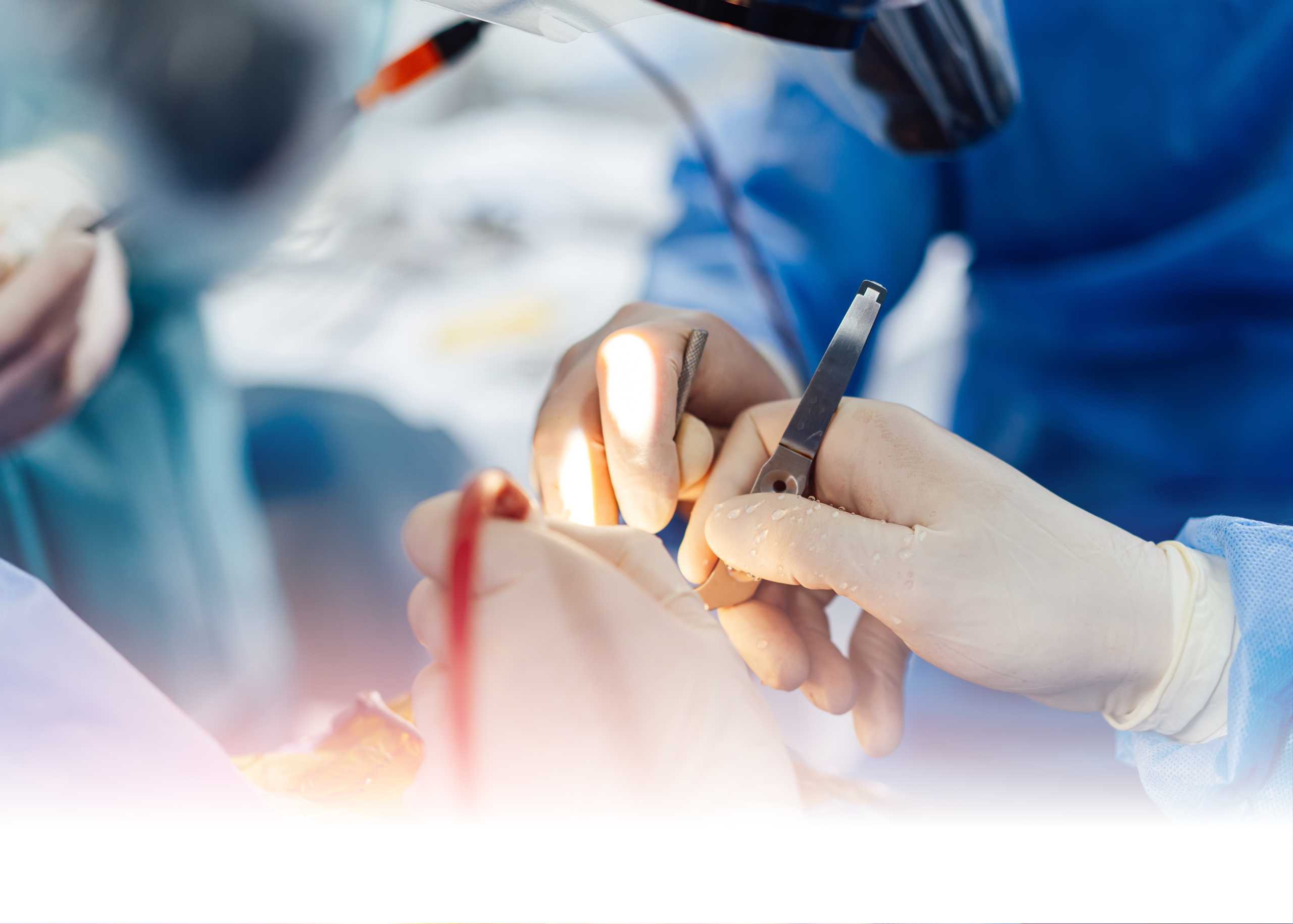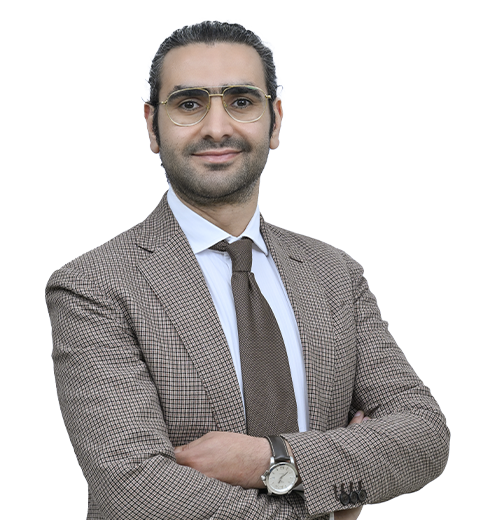If you’ve been struggling with unexplained pelvic pain, heavy periods, or infertility, endometriosis might be the underlying cause. Despite affecting millions of women globally, this condition often goes undiagnosed for years. Fortunately, a laparoscopy—also known as keyhole surgery—offers a reliable method for diagnosing endometriosis and sometimes even treating it during the same procedure.
In this comprehensive guide, we explain the laparoscopy meaning, how it helps in diagnosing endometriosis, and what patients can expect before, during, and after the procedure.
What is Laparoscopy
Laparoscopy is a form of minimally invasive surgery that allows doctors to examine the organs inside your abdomen or pelvis using a thin camera inserted through small incisions.
Laparoscopy meaning in simple terms: It’s a medical procedure where doctors use a small camera (laparoscope) inserted through tiny cuts to look inside your abdomen.
Also known as keyhole surgery, this technique is widely used for diagnosing a range of gynecological conditions, especially endometriosis.
What is Endometriosis
Endometriosis is a chronic condition where tissue similar to the lining of the uterus grows outside the uterus—often on the ovaries, fallopian tubes, or pelvic lining.
This misplaced tissue behaves like uterine lining, thickening, breaking down, and bleeding each menstrual cycle. However, because it has no way to exit the body, it leads to inflammation, pain, and scar tissue.
Endometriosis – Symptoms You Shouldn’t Ignore
Recognizing the symptoms of endometriosis is essential for early diagnosis and management. Common signs include:
- Severe menstrual cramps
- Chronic pelvic or lower back pain
- Pain during intercourse
- Painful urination or bowel movements
- Bloating, fatigue, or nausea
- Difficulty conceiving
Each person’s experience is different. Some may have intense symptoms, while others may have none but still face complications like infertility.
Diagnosing Endometriosis with Laparoscopic Surgery
While imaging tests (like ultrasounds or MRIs) may suggest endometriosis, laparoscopic surgery remains the gold standard for a confirmed diagnosis.
During keyhole surgery, a surgeon inserts a small camera through a tiny incision near the belly button to visually examine the pelvis. If endometrial tissue is found, a biopsy may be taken, or treatment can be initiated immediately by removing or destroying the tissue.
Benefits of Laparoscopic Diagnosis:
- High diagnostic accuracy
- Ability to assess severity and spread
- Option to treat during the same procedure
What to Expect Before, During, and After Laparoscopy
Before the Procedure
- You’ll undergo routine blood tests and imaging.
- Your doctor will provide fasting instructions.
- Consent will be taken after explaining the risks and benefits.
During the Procedure
- Performed under general anesthesia.
- Small incisions are made in the abdomen.
- A laparoscope is used to view and, if necessary, treat any endometriosis lesions.
After the Procedure
- Most patients go home the same day.
- You may feel mild abdominal discomfort or shoulder pain due to gas used during surgery.
- Recovery usually takes 5–10 days.
Treatment Options for Endometriosis
Following a confirmed diagnosis, endometriosis treatment may include:
- Medication: Pain relief or hormonal therapy to slow the disease’s progression.
- Laparoscopic surgery: Removal or destruction of endometrial tissue.
- Lifestyle adjustments: Diet, exercise, and stress management.
- Fertility support: For women trying to conceive, further reproductive interventions may be considered.
Why Choose Medeor Hospital for Laparoscopy
At Medeor Hospital, we combine expert gynecological care with advanced laparoscopic surgery techniques by our dedicated laparoscopic surgeons to provide comprehensive diagnosis and treatment for endometriosis. Our state-of-the-art facilities and compassionate team ensure patients receive the highest standard of care throughout their journey.
Final Takeaway
If you’re experiencing symptoms of endometriosis, don’t delay seeking help. Laparoscopy, or keyhole surgery, can offer you answers—and relief. Understanding your body is the first step toward healing.
Book a consultation with the women’s health specialists, skilled gynecologists at Medeor Hospital today, and let us help you take control of your health.











